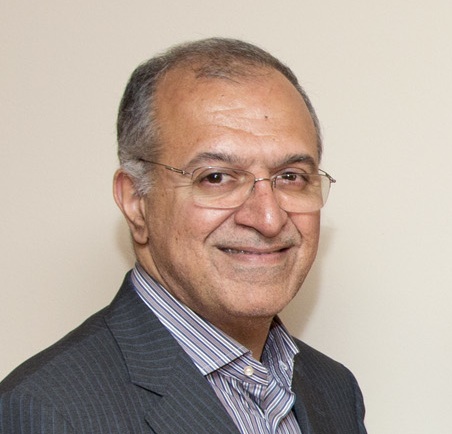First steps towards a better hygiene- and surveillance system but: Still great challenges in Iranian hospitals regarding healthcare associated infections (HAI) and antimicrobial resistance (AMR). An exclusive insight in Iranian hospital hygiene conditions gave us Prof. Mehrdad Askarian, international hygiene expert at the university of Medical Sciences in Shiraz.
The implementation of a good hygiene- and surveillance system is the main measure to prevent and combat HAI and AMR, we regularly hear in the German- and English-speaking area. About the situation of big countries such as Iran we hear almost nothing. We took the opportunity to speak with Prof. Mehrdad Askarian (at his visit to Vienna) about Iranian conditions. At least it’s a slowly opening country with the impressive number of 75 Mio people. But it’s a country with a partially weakened health system, also in the field of healthcare associated infections. „We hope to have a HAI rate lower than 10 percent in some years“, says the hygiene expert (for comparison: Austria has a HAI rate of 5,3 percent; last European point prevalence survey, 2015).
But Askarian is cautiously optimistic, in particular regarding the constantly improving hygiene teams, as for example in his institution: „We have a multidisciplinary team with different holistic tasks to control HAIs. However we are new in this field – but have decided to work more in this area for further improvements.“
These efforts cannot hide the fact that there is a great problem with antibiotic resistance: According to a report (Health care associated infections, antibiotic resistance and clinical outcome: A surveillance study from Sanandaj, Iran, March 2016, World Journal of Clinical Cases) the status of antibiotic resistance has changed very rapidly in the recent years. Iran has one of the highest antibiotic consumption rates, and no antibiotic stewardship has yet been established.
Interesting in this context is also a patient safety study (Assessment of Three WHO Patient Safety Solutions: Where do we stand and what can we do?, Dec, 2015, International journal of preventive medicine), in which Askarian was involved: The aim of the investigation was to compare the current execution of patient safety solutions with WHO suggested actions and standards. The results were pretty discouraging: In the field of patient hand-over, there was no standardized approach. In the field of the performance of correct procedure at the correct body site, there were no safety checklists, guideline, and educational content for informing the patients and their families about the procedure. In the field of hand hygiene, availability of promotional posters and reminders was substandard.




